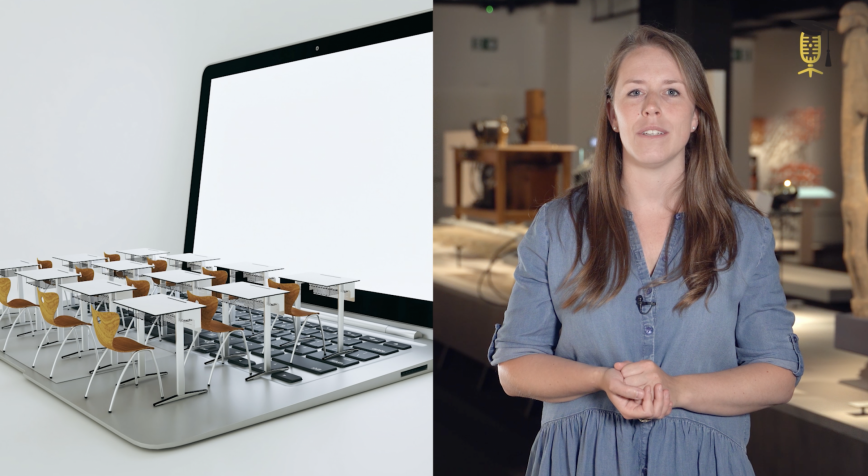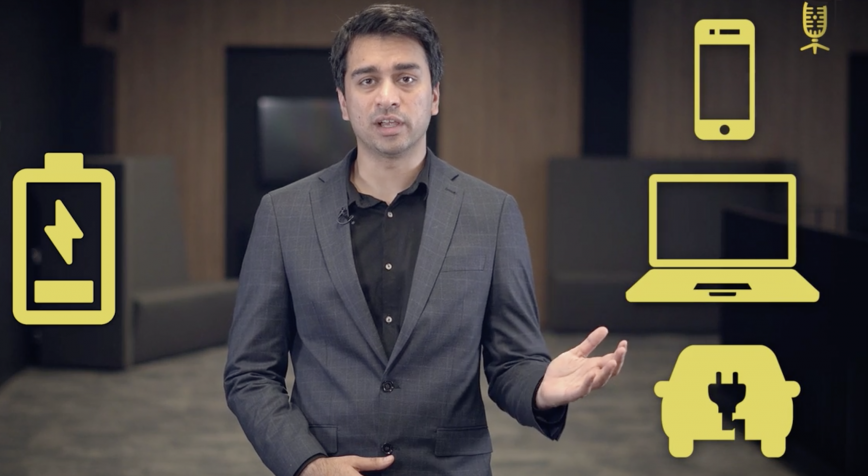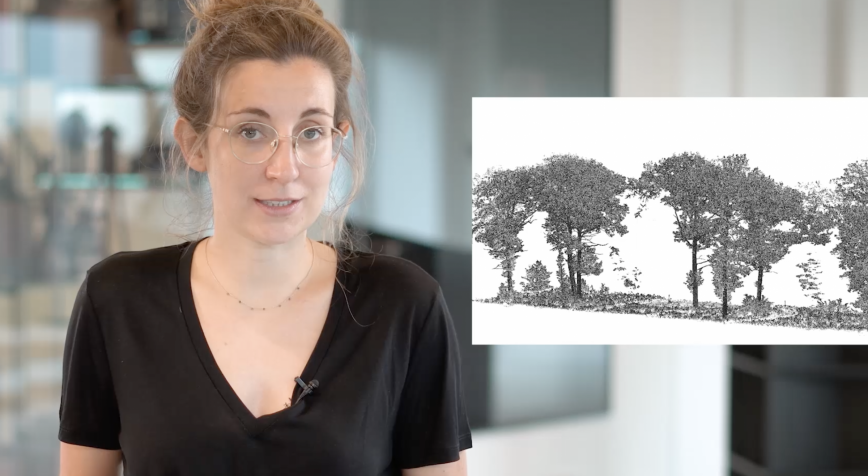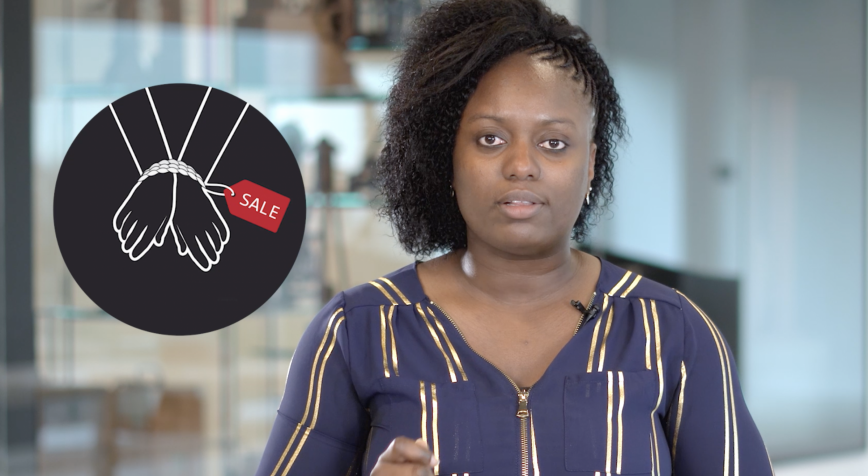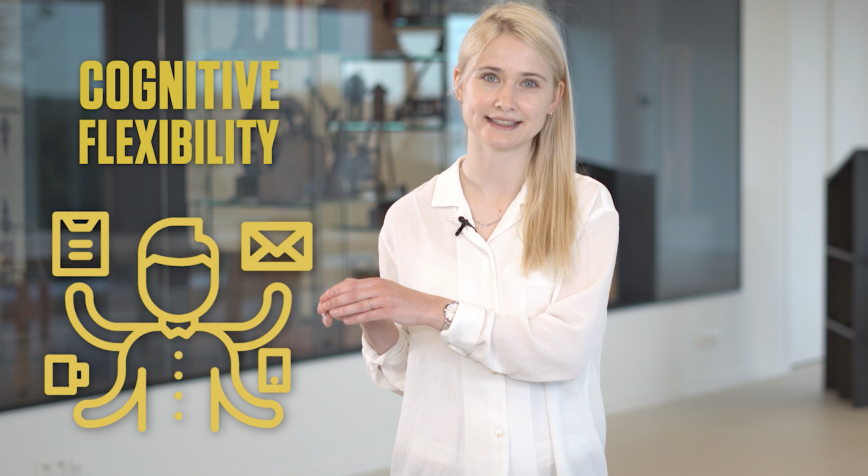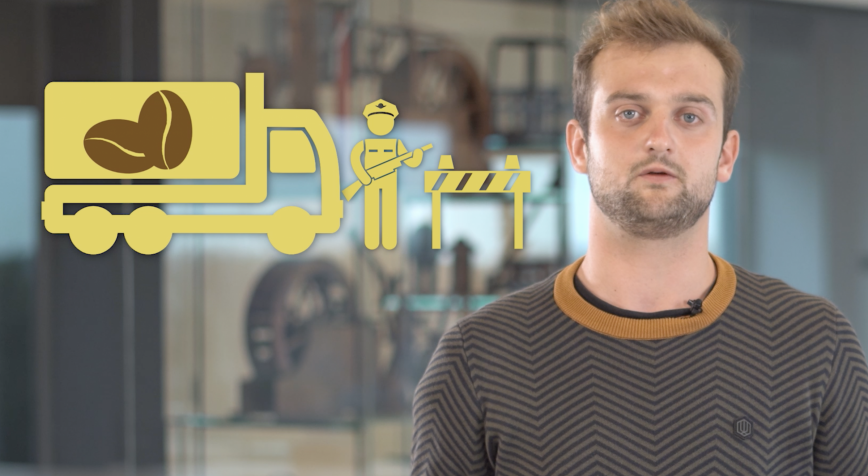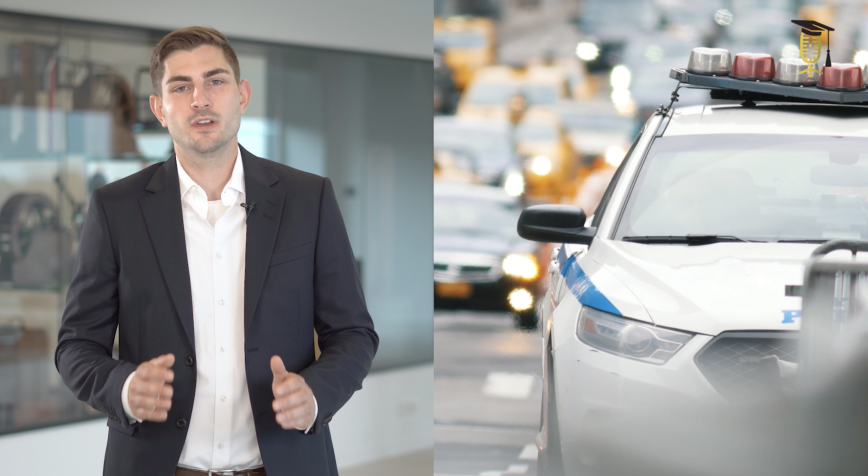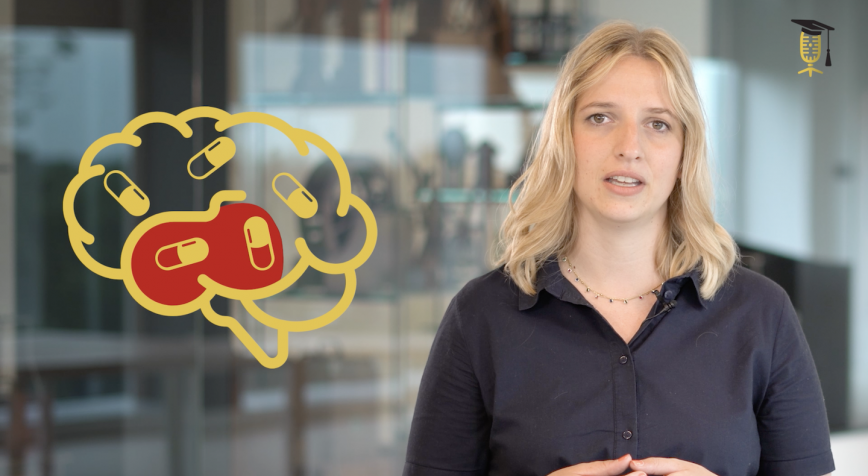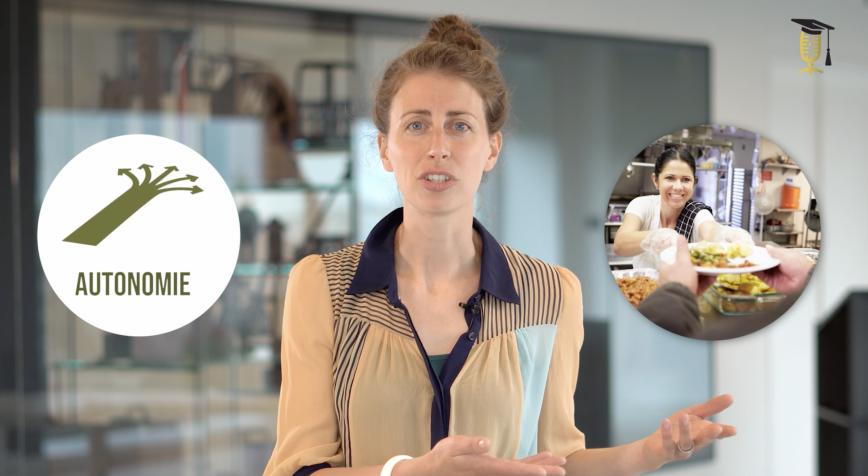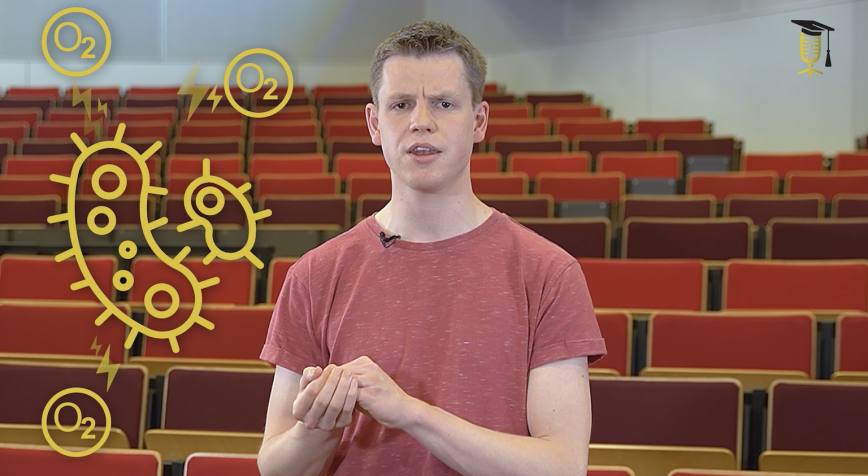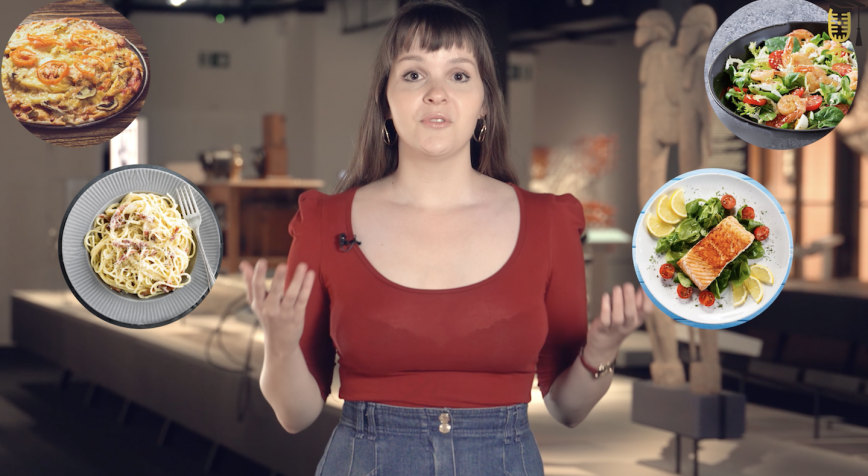
UGent
How a camera perspective can make us eat more unhealthy
Suppose you have to choose between these dishes: will you go for the pizza, pasta carbonara, or rather the salad or the piece of fish? Well, did you know that the camera perspective in these photos has an effect on your (un)healthy food choices? Eva Meersseman (Ghent University) explains how this works.

